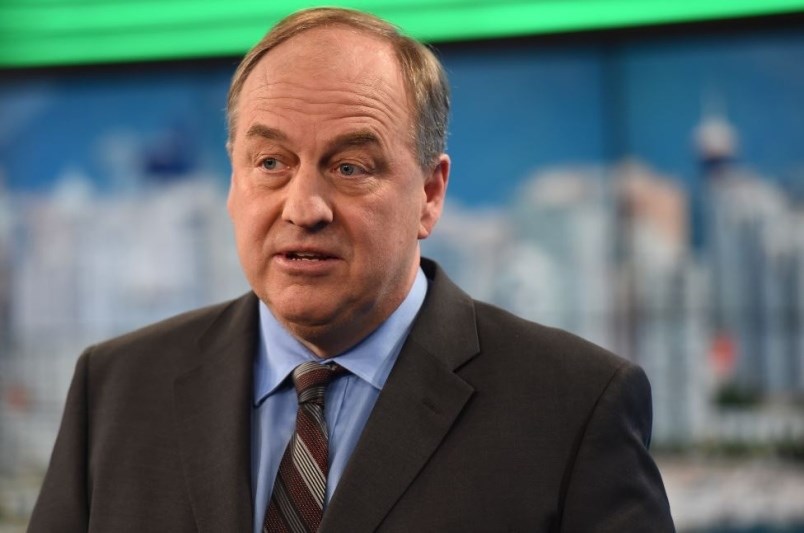If you like to play the long game in your career, then there is an attractive new job opening. You can be leader of North AmericaвҖҷs most successful party whose defining theme will increasingly occupy the next generationвҖҷs politics.
If you are more of a short-game player, though, the gig might not be to your liking. The conditions that invested sudden power in the post a couple of years ago are at risk and might not soon restore.
Andrew Weaver, the provinceвҖҷs Green Party leader, said he will not run again in 2021. He vacates a very visible role with a very attentive constituency. The likely challenge is that Green stock has hit a plateau and will regress.
Part of this is due to the hard act to follow. Weaver has brought an enlightened encyclopedic science to the discourse on climate change. It has been fun watching a textbook reluctant politician build the necessary muscle groups month by month. When he steps aside for a successor, he will be celebrated for capitalizing on an opportunity that may never return.
By no means did Weaver ignite the province in the 2017 campaign, but the mathematics of seat distribution in the legislature provided an oversized favour to his party вҖ” a balance of power вҖ” and he made the most of it.
The minuscule three Green seats have felt like a mighty 30 in the 87-seat chamber. Weaver has woven an exceptional covenant with John HorganвҖҷs NDP to wrestle government from the Liberals, and the two have sustained a buddy system as few expected. But if Weaver is unique, so are the circumstances of his power.
The minority government dynamic has been instructive, if a little comical.
The NDP has done many things to violate the spirit, if not the letter, of the so-named Confidence and Supply Agreement with the Greens, and Weaver has never wavered.Мэ
He has railed and railed and huffed and puffed on issue after issue, but he knew that toppling the government would topple his partyвҖҷs grip on provincial influence. Horgan, too, didnвҖҷt want to precipitate an early election; he had to hope his partner would wear the mess of sending us back to the polls earlier. HasnвҖҷt happened and wonвҖҷt.
It is way too early to predict a Horgan 2021 victory вҖ” there are some economic headwinds approaching, among other things вҖ” but British Columbia will at least get a fuller definition of NDP government before it again votes.
Weaver, like Horgan, reluctantly ran for the leadership and never pretended to be a legislature lifer. He didnвҖҷt have to be: his dividend came quite quickly. He ran to raise climate change awareness and was gifted the bonus of authority. Still, letвҖҷs not forget that if a few hundred votes had gone differently in just one riding, heвҖҷd be obscurely moored in opposition facing Premier Christy Clark.
His party lacks the infrastructure of the established entities, and Weaver has been a comparably substantive leader without a substantive organization. His successor will need both.
It is difficult to see how his boots are filled. There are no iconic Greens evident. The federal election might produce more Green MPs on В鶹ҙ«ГҪУі»ӯIsland, but one has to think the federal leadership will come open in the next term, given that Elizabeth Mayhas been leader for 13 years.
Which is why the B.C. Green Partystewardship ought not to be for drive-by politicians.Мэ
Any candidate has to recognize the unlikelihood of winning power swiftly or matching the freakish math of the current legislature to effect clout. The job of courting a progressive vote from a progressive government is never easy.
That said, the experience in Europe has shown that a more broadly defined Green party that champions the debate on social justice gains currency. Given that issueвҖҷs immediate intersection in B.C. with affordability, First Nations and the impact of technology on labour, it offers fertile political ground for a new leader. In Canada that territory is parked at the moment with more established parties вҖ” as, of course, are economic issues.
WeaverвҖҷs opportunistic contribution has given British Columbians a taste of what Green governance might mean, but the next leader will need to prepare a full meal.Мэ
Kirk LaPointe is editor-in-chief of Business in В鶹ҙ«ГҪУі»ӯand vice-president, editorial, at Glacier Media.
Мэ



